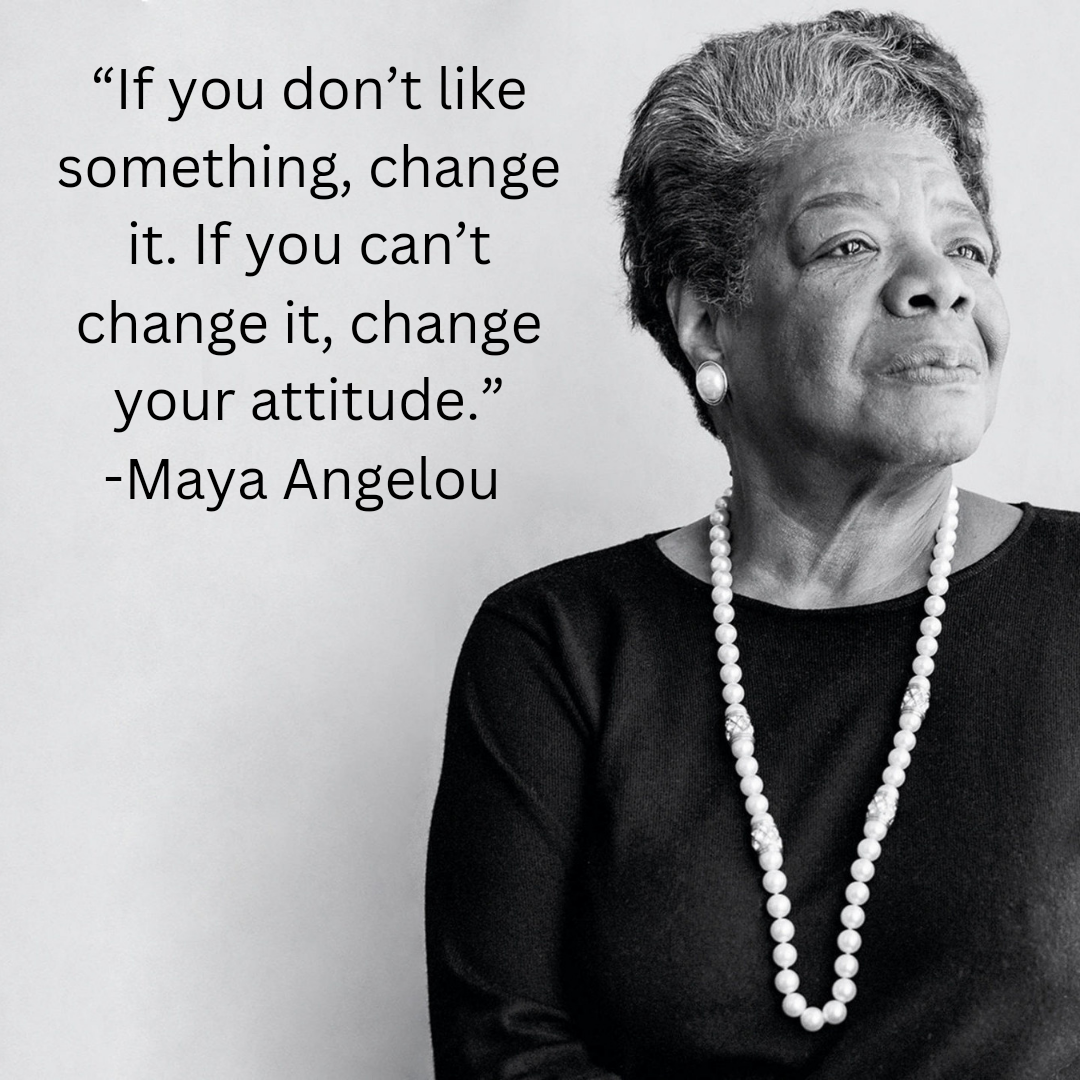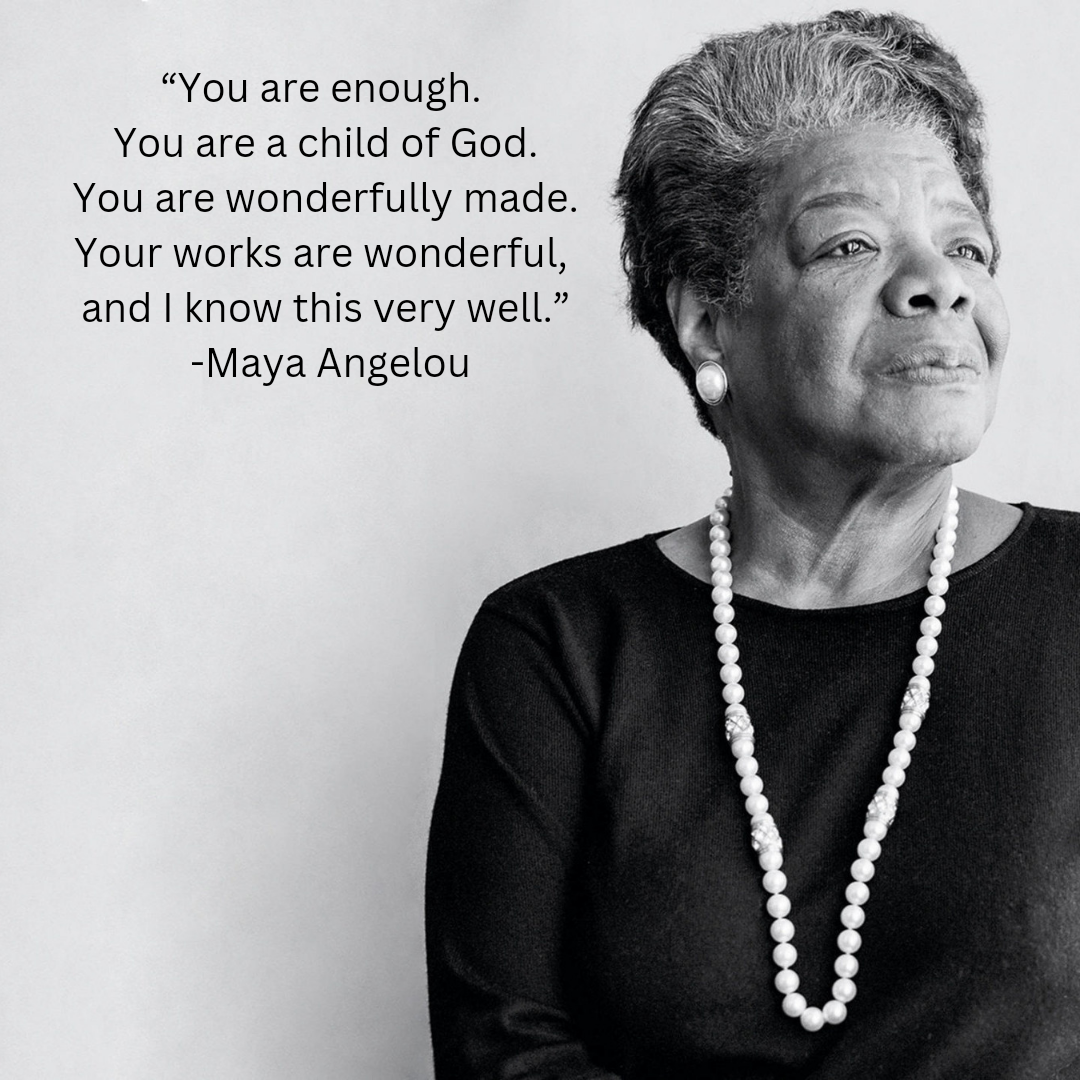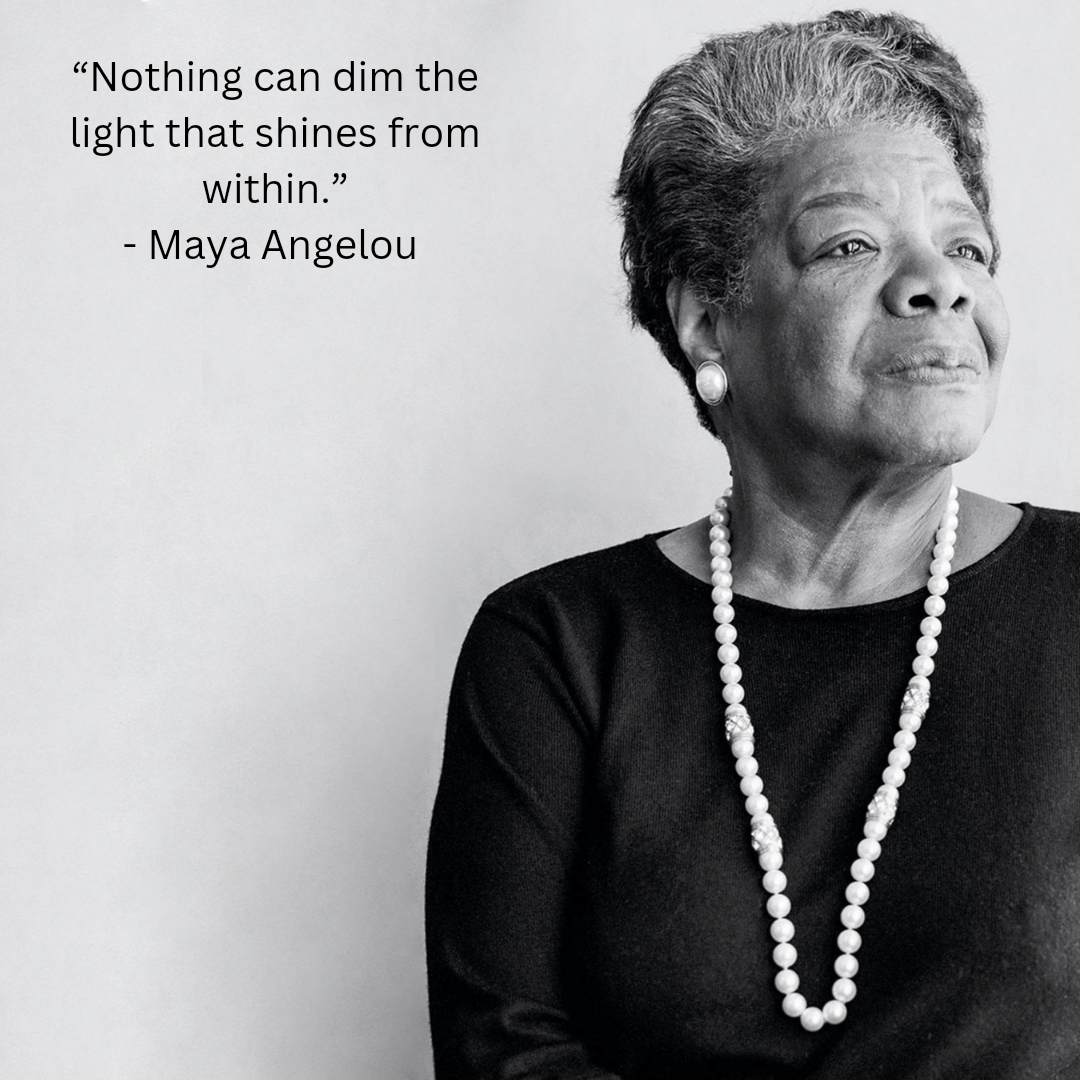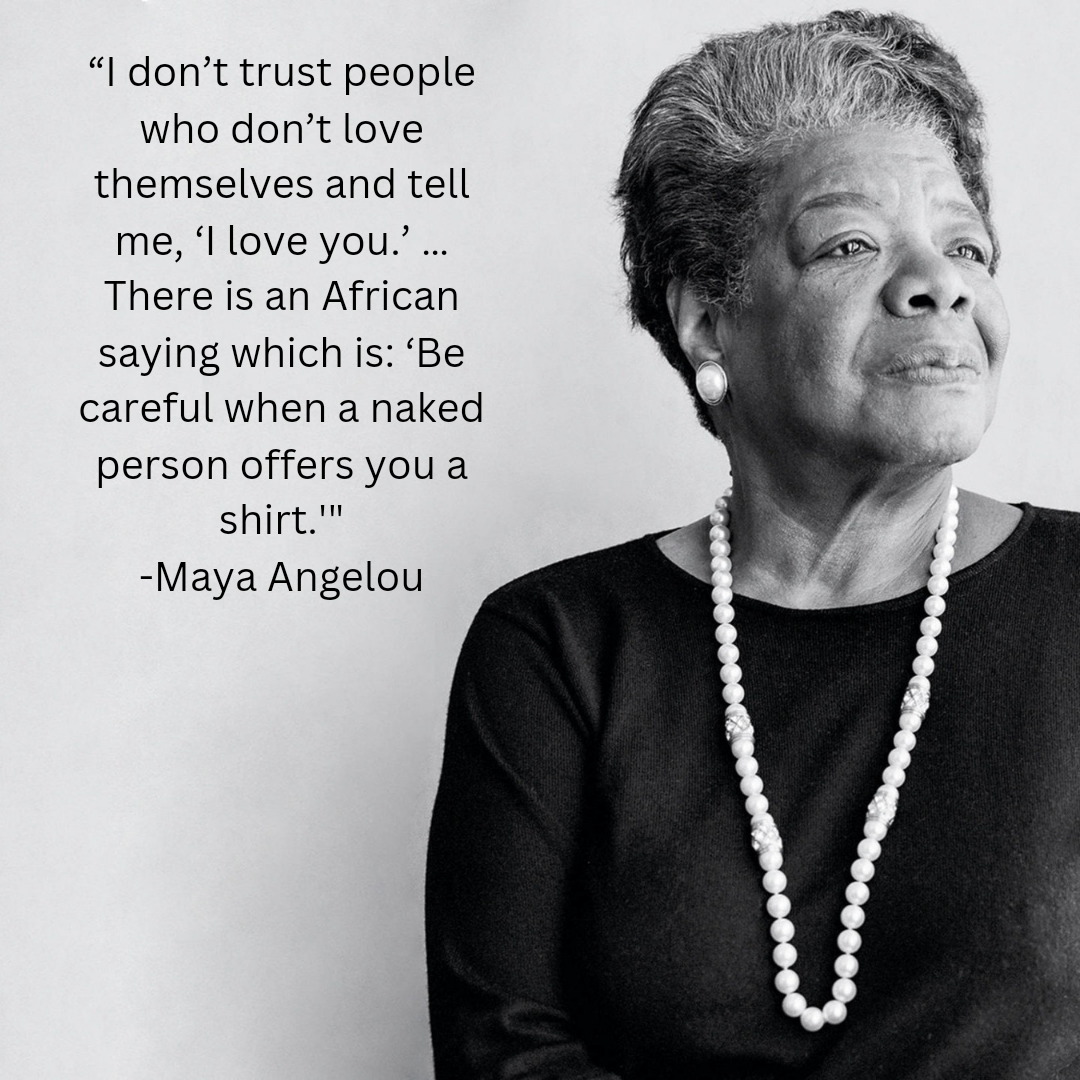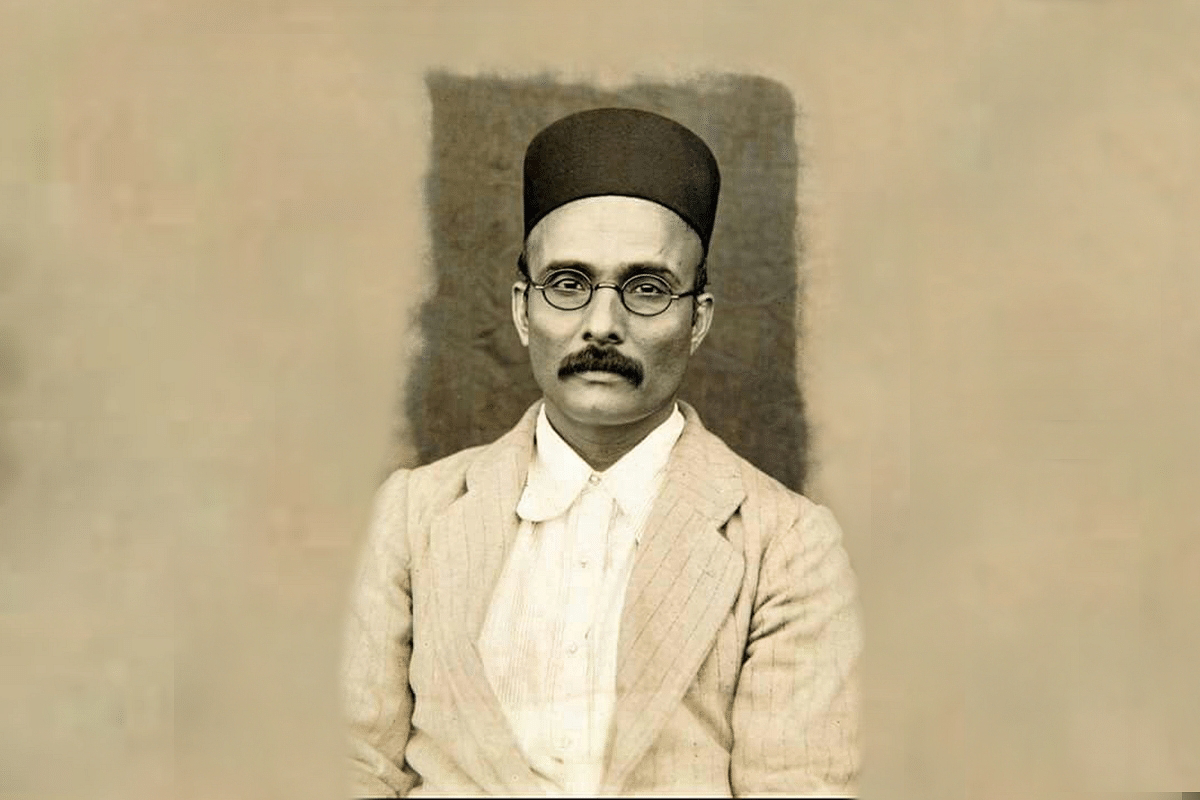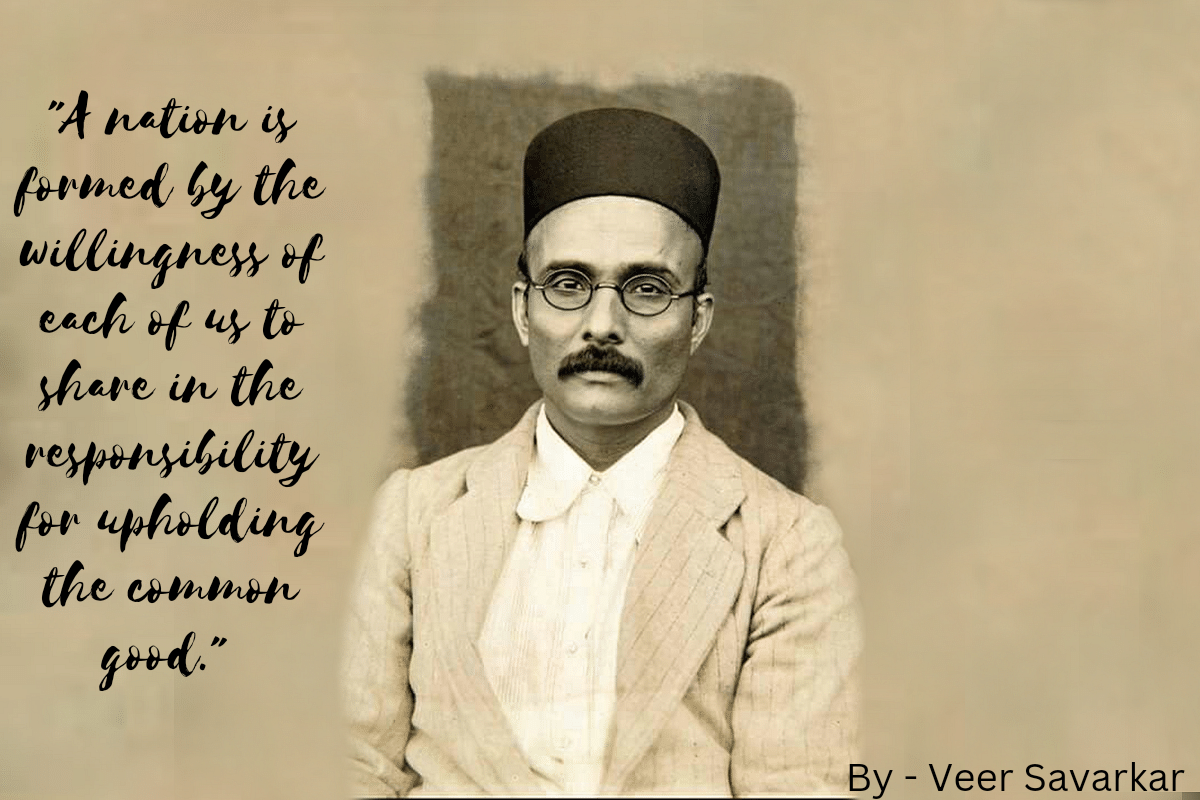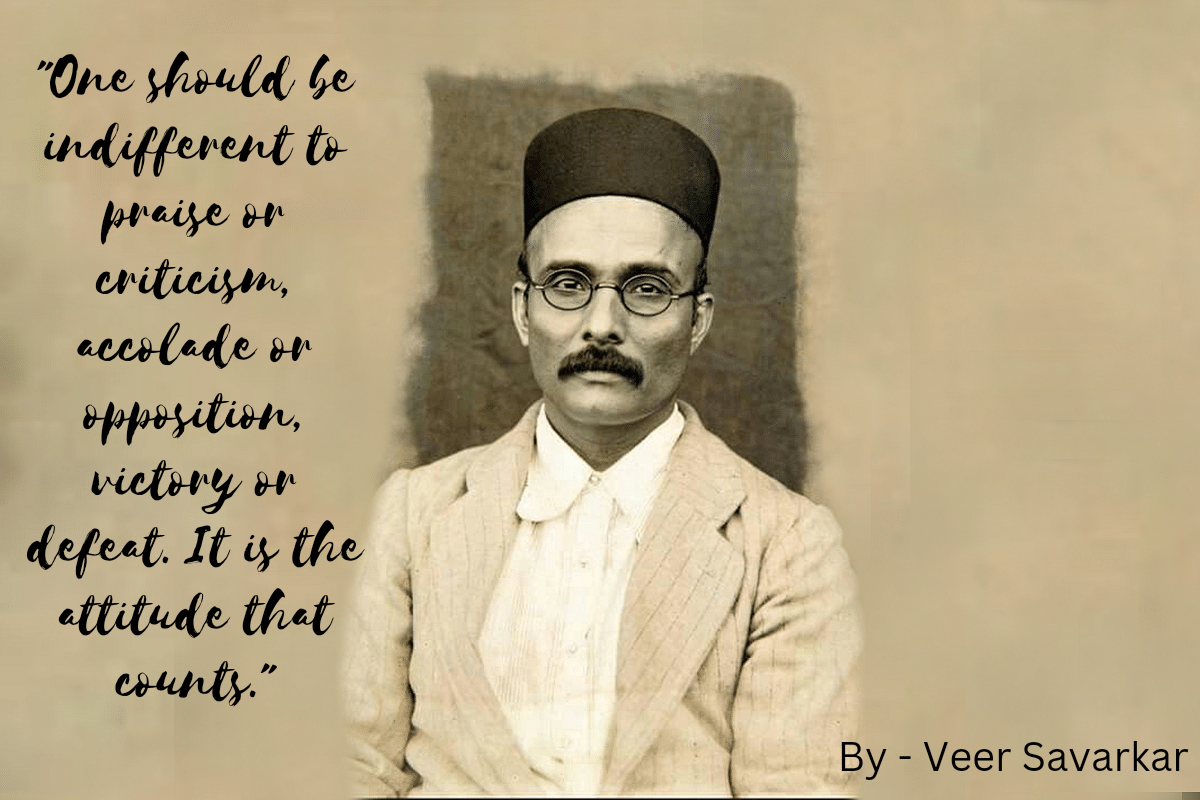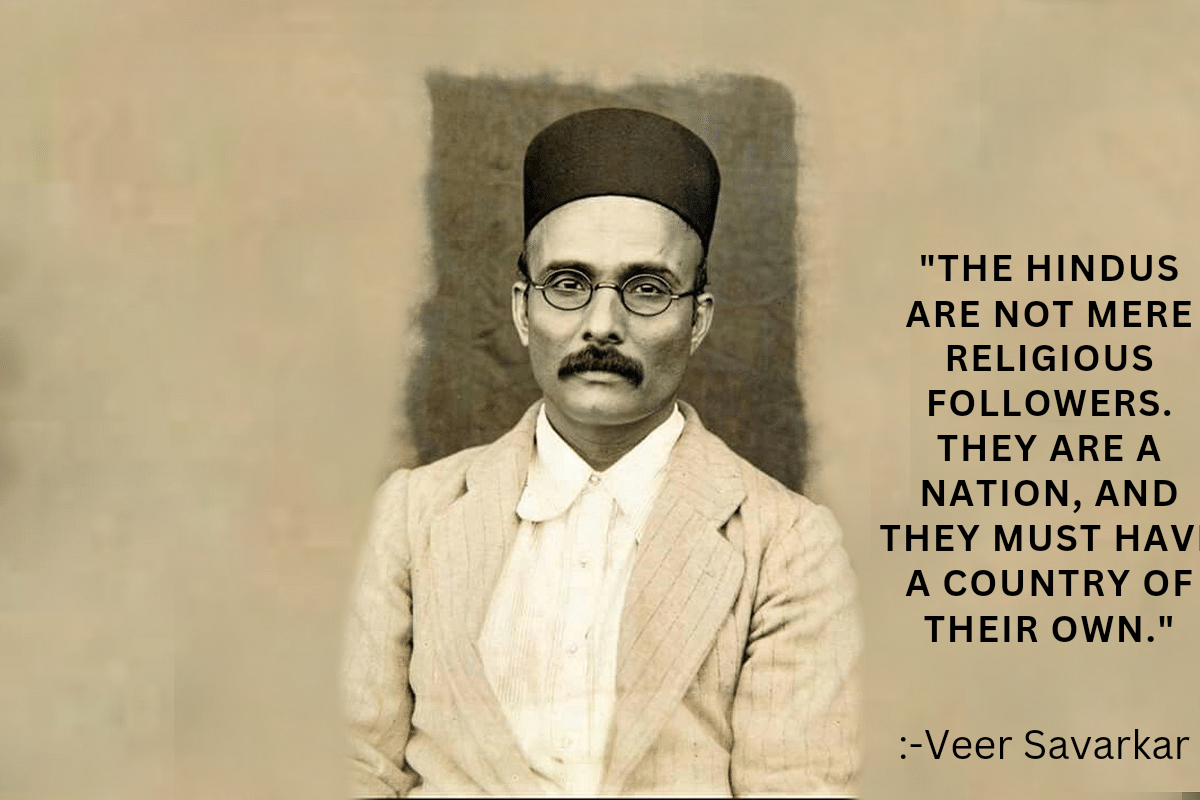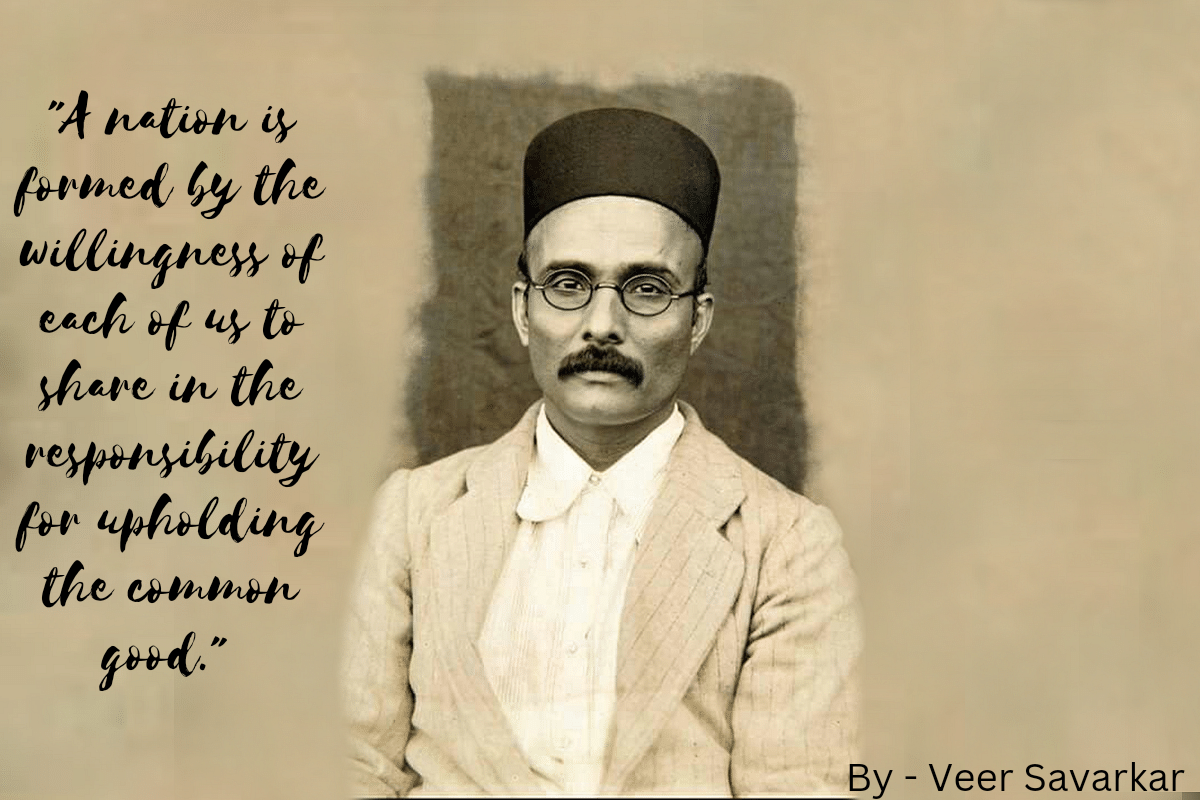Mr.Motivationalyogi
Our blog is dedicated to providing you with the best motivational content to help you reach your goals and become the best version of yourself. Whether you're looking for insightful quotes, powerful speeches, thought-provoking essays, inspiring autobiographies and biographies, heart-touching shayaris, or engaging kid stories, you'll find it all here.
Best of Maya Angelou Inspirational quotes
Vinayak Damodar Savarkar(Veer Savarkar)
Motivational and Inspirational Speech on Swami vivekananda
I stand before you today to speak about one of the greatest spiritual leaders and thinkers of all time, Swami Vivekananda.
Swami Vivekananda was a man who embodied the spirit of India. His teachings and philosophy have inspired millions of people around the world. He was a man who stood for the highest ideals of humanity – truth, love, and compassion.
Born in 1863 in Calcutta, India, Swami Vivekananda was a disciple of the great Indian saint and mystic Sri Ramakrishna Paramahamsa. It was under his tutelage that Swami Vivekananda learned the essence of all religions and the universality of spiritual truths.
Swami Vivekananda was a man of great wisdom and vision. His teachings emphasized the unity of all religions and the importance of self-realization. He believed that every human being has the potential to become a divine being and that the goal of life is to realize this potential.
What made Swami Vivekananda truly special was his ability to communicate these profound truths in a simple and accessible manner. He was a master of public speaking and his speeches and lectures have inspired countless people over the years.
One of his most famous speeches was delivered at the Parliament of the World's Religions in Chicago in 1893. It was here that Swami Vivekananda introduced Hinduism to the Western world and spoke about the importance of religious tolerance and understanding.
In his speech, he said, "I am proud to belong to a religion which has taught the world both tolerance and universal acceptance. We believe not only in universal toleration but we accept all religions as true."
Swami Vivekananda's message of tolerance and understanding is more relevant today than ever before. In a world that is becoming increasingly divided along religious, ethnic, and national lines, we need his teachings now more than ever.
In conclusion, Swami Vivekananda was a true visionary and a great spiritual leader. His teachings and philosophy have inspired millions of people around the world and continue to do so to this day. Let us all strive to embody the values that he stood for – truth, love, and compassion – and work towards a world that is free from division and strife.
Thank you.
"Echoes of Revolution: Inspiring Quotes by Bhagat Singh"
- "Every tiny molecule of Ash is in motion with my heat I am such a Lunatic that I am free even in Jail."
- "The sword of revolution is sharpened on the whetting stone of ideas."
- "Merciless criticism and independent thinking are the two necessary traits of revolutionary thinking."
- "Freedom is not worth having if it does not connote freedom to err."
- "The sanctity of law can be maintained only so long as it is the expression of the will of the people."
- "Philosophy is the outcome of human weakness or limitation of knowledge."
- "I emphasize that I am full of ambition and hope and of full charm of life. But I can renounce all at the time of need, and that is the real sacrifice."
- "The people generally get accustomed to the established order of things and begin to tremble at the very idea of a change. It is this lethargical spirit that needs to be replaced by the revolutionary spirit."
- "Revolution did not necessarily involve sanguinary strife. It was not a cult of bomb and pistol. They may sometimes be mere means for its achievement."
- "In the land of the blind, the one-eyed man is a hallucination."
- "The bombs and pistols do not make a revolution. The sword of revolution is sharpened on the whetting stone of ideas."
- "I have no doubt in my mind that our chief national problems relating to the eradication of poverty, illiteracy, and disease and the scientific production and distribution can be tackled only along socialistic lines."
- "Revolution is an inalienable right of mankind. Freedom is an imperishable birthright of all."
- "The essential thing in religion is making the heart pure. The kingdom of heaven is within us, but only pure heart can see the king."
- "Any man who stands for progress has to criticize, disbelieve, and challenge every item of the old faith."
- "The aim of life is no more to control the mind, but to develop it harmoniously; not to achieve salvation hereafter, but to make the best use of it here below; and not to realise truth, beauty, and good only in contemplation, but also in the actual experience of daily life."
- "Political tyranny is nothing compared to the social tyranny and a reformer who defies society is a more courageous man than a politician who defies Government."
- "Bombs and pistols do not make a revolution. The sword of revolution is sharpened on the whetting stone of ideas."
- "The state is the product of the irreconcilability of class antagonisms. If classes were not antagonistic, there would be no need for the state."
- "Revolution is not a dinner party."
- "Every tiny molecule of ash is in motion with my heat. I am such a lunatic that I am free even in jail."
- "My words are my bullets, my body is the gun."
- "It is easy to kill individuals, but you cannot kill the ideas."
- "I have no desire to take all men to heaven, but only to take humanity out of hell."
- "I am not a terrorist; I am a revolutionary."
- "Zindagi to apne damm par hi jiyi jati hey...dusro k kandhe par tohh shirf janaje uthaye jate hai."
- "If the deaf are to hear the sound has to be very loud."
- "Lovers, Lunatics, and poets are made of the same stuff."
Motivational and Inspirational Speeches on Bhagat Singh
Speech 1: Bhagat Singh - The Revolutionary Hero
Dear fellow citizens,
Today, I would like to talk about a man who is considered to be one of the most iconic figures in Indian history - Bhagat Singh. Born on 28th September 1907 in Punjab, Bhagat Singh was a revolutionary socialist who fought against British rule in India. He was a firm believer in the power of the masses and advocated for a socialist and egalitarian society.
Bhagat Singh was not just a revolutionary but also a philosopher and a thinker. He believed that revolution was not just a physical overthrow of the existing system but also a complete transformation of society. He once said, "The aim of life is no more to control the mind, but to develop it harmoniously; not to achieve salvation hereafter, but to make the best use of it here below; and not to realise truth, beauty, and good only in contemplation, but also in the actual experience of daily life."
Bhagat Singh's ideas and philosophy were deeply rooted in the principles of socialism and he strongly believed in the need for a socialist revolution in India. He once said, "Revolution is an inalienable right of mankind. Freedom is an imperishable birthright of all." His ideology inspired many young revolutionaries to join the freedom struggle and fight for a better future.
Bhagat Singh was not just a revolutionary but also a martyr. He was hanged to death by the British on 23rd March 1931 at the young age of 23. His sacrifice inspired many others to continue the struggle for freedom and his legacy lives on even today.
In conclusion, Bhagat Singh was a hero who fought for the rights of the common people and believed in the power of the masses. His ideas and philosophy continue to inspire generations and his sacrifice will always be remembered. As he once said, "They may kill me, but they cannot kill my ideas. They can crush my body, but they will not be able to crush my spirit."
Thank you.
Speech 2: Bhagat Singh - The Voice of the Youth
Dear fellow citizens,
Today, I would like to talk about a man who was not just a revolutionary but also a voice of the youth - Bhagat Singh. Born on 28th September 1907 in Punjab, Bhagat Singh was a young man who fought against British rule in India. He was a symbol of hope and inspiration for millions of young people who were fighting for their rights.
Bhagat Singh was a man of principles and he firmly believed in the power of the youth. He once said, "The young are the future of this nation, and if they are not awakened to consciousness, then we are all doomed." He believed that the youth had the power to bring about a revolution and change the course of history.
Bhagat Singh's ideology was deeply rooted in the principles of socialism and he believed in the need for a socialist revolution in India. He was a man of action and he believed that the time for talk was over. He once said, "It is easy to kill individuals but you cannot kill the ideas. Great empires crumbled, while the ideas survived."
Bhagat Singh's sacrifice inspired many young people to join the freedom struggle and fight for their rights. He was not just a revolutionary but also a symbol of hope and inspiration for millions of young people. His legacy lives on even today and his ideas continue to inspire generations.
In conclusion, Bhagat Singh was a man of principles and a voice of the youth. He believed in the power of the masses and his sacrifice inspired millions of young people to join the struggle for freedom.
Thankyou.
Great speech on "Mother Teresa"
Dear all,
Today we gather here to celebrate the life and work of one of the greatest humanitarians of all time, Mother Teresa.
Mother Teresa's life was a shining example of love and compassion. She devoted her entire life to serving the poor, sick, and dying, and her legacy continues to inspire and uplift us today.
What made Mother Teresa truly extraordinary was her unwavering commitment to helping others, regardless of their race, religion, or social status. She believed that every person, no matter how poor or destitute, was a child of God and deserved to be treated with dignity and respect.
Through her tireless work, Mother Teresa showed us that the greatest gift we can give to others is love. She once said, "Spread love everywhere you go. Let no one ever come to you without leaving happier."
And she lived by those words every day of her life. From the slums of Calcutta to the streets of New York, Mother Teresa touched the lives of millions of people, providing them with hope, comfort, and a sense of belonging.
But Mother Teresa's impact went far beyond the people she served. She was an inspiration to millions around the world, reminding us of the power of selflessness and the importance of serving others.
As we reflect on Mother Teresa's life and legacy, let us be inspired by her example. Let us strive to be kinder, more compassionate, and more loving, to those around us. Let us never forget that the smallest act of kindness can make a world of difference in someone's life.
And let us also remember that we each have the power to make a difference in the world, just as Mother Teresa did. We may not be able to change the entire world, but we can make a positive impact on the lives of those around us.
So let us go forth from here today, inspired by Mother Teresa's example, and let us spread love and kindness wherever we go. Because, as she said, "Love is not patronizing and charity isn't about pity, it is about love. Charity and love are the same -- with charity you give love, so don't just give money but reach out your hand instead."
Thank you.
Best of Maya Angelou Inspirational quotes
American poet, memoirist, and civil rights advocate Maya Angelou was born Marguerite Annie Johnson on April 4, 1928. Her writin...



